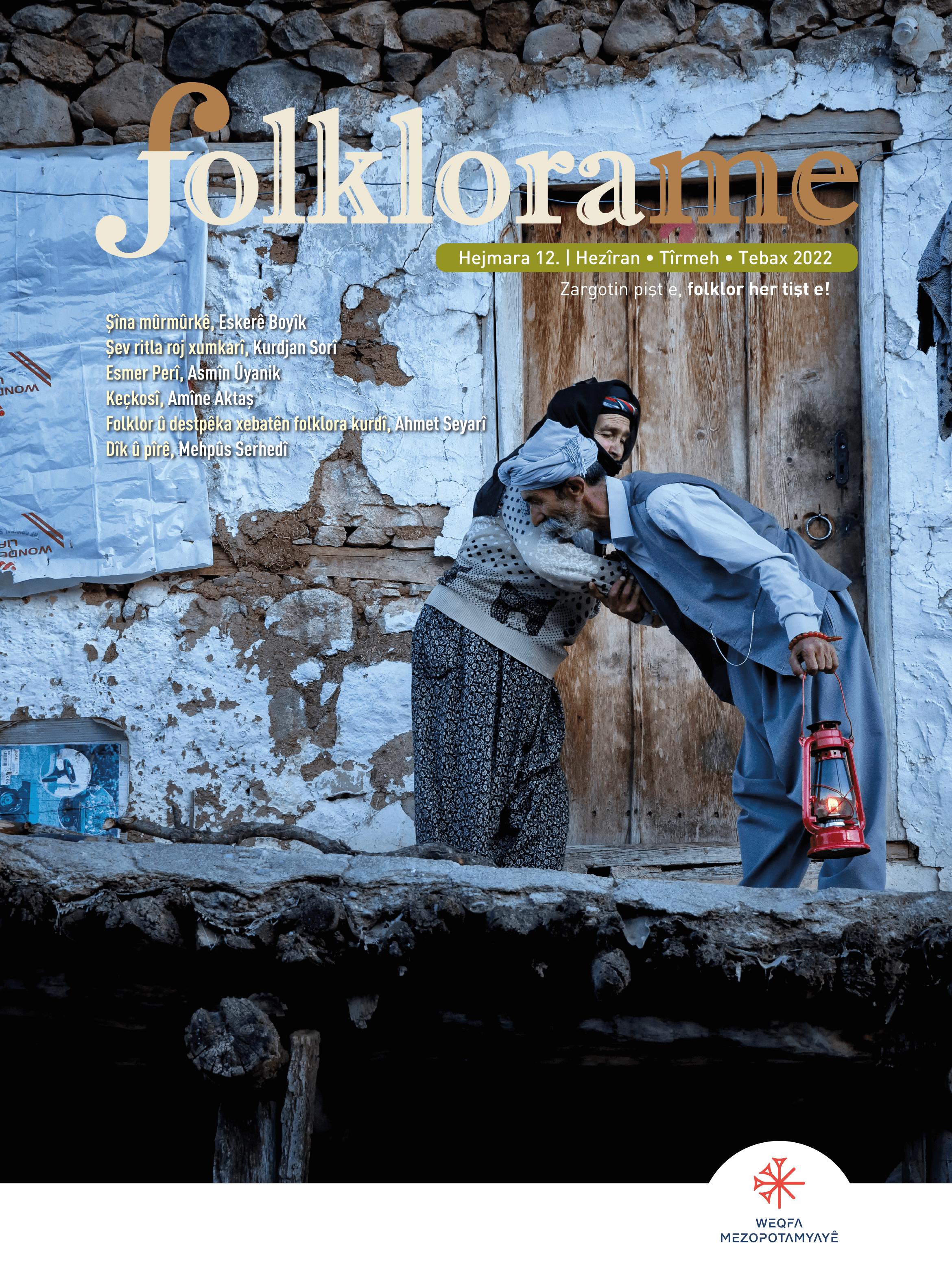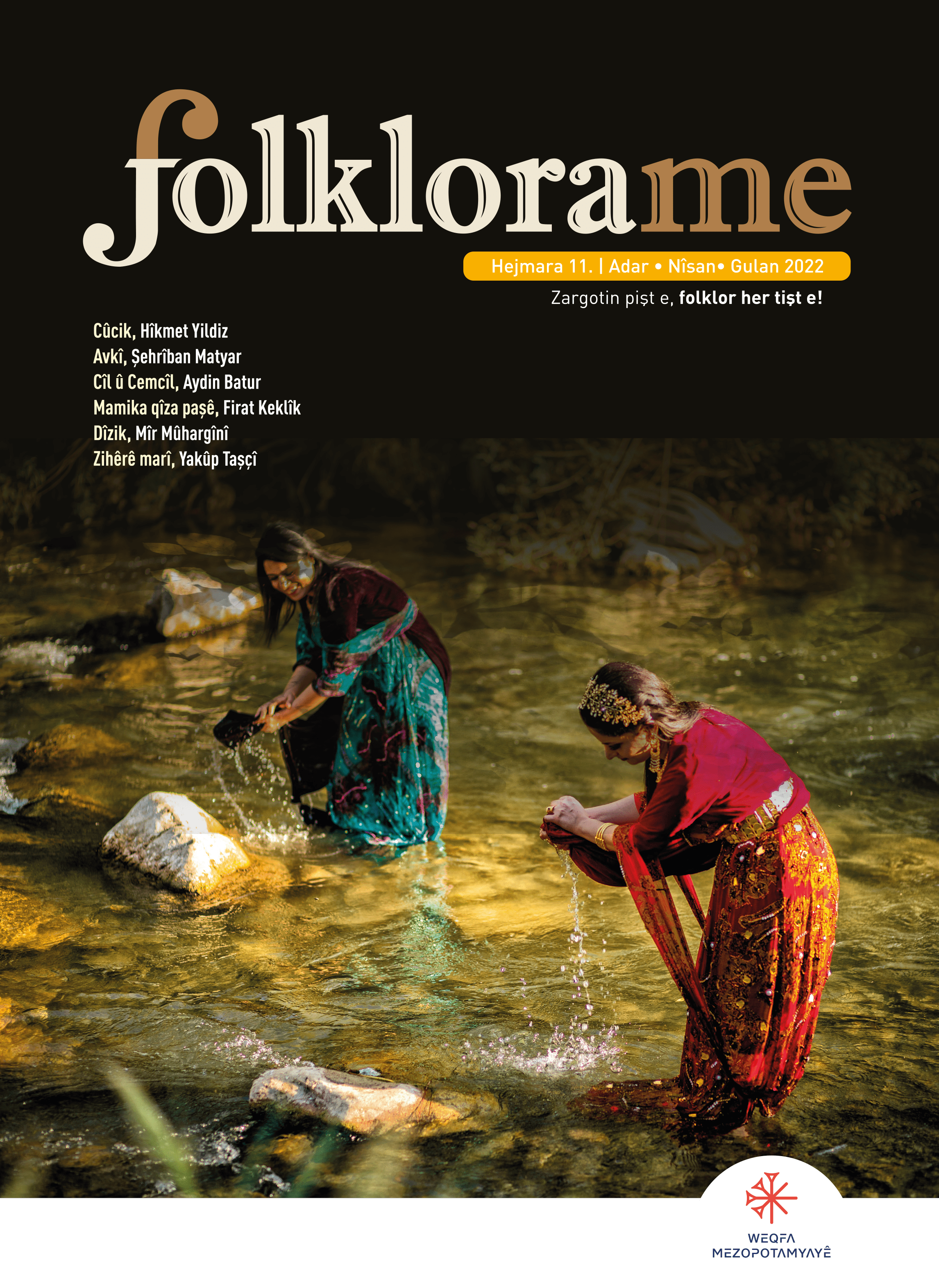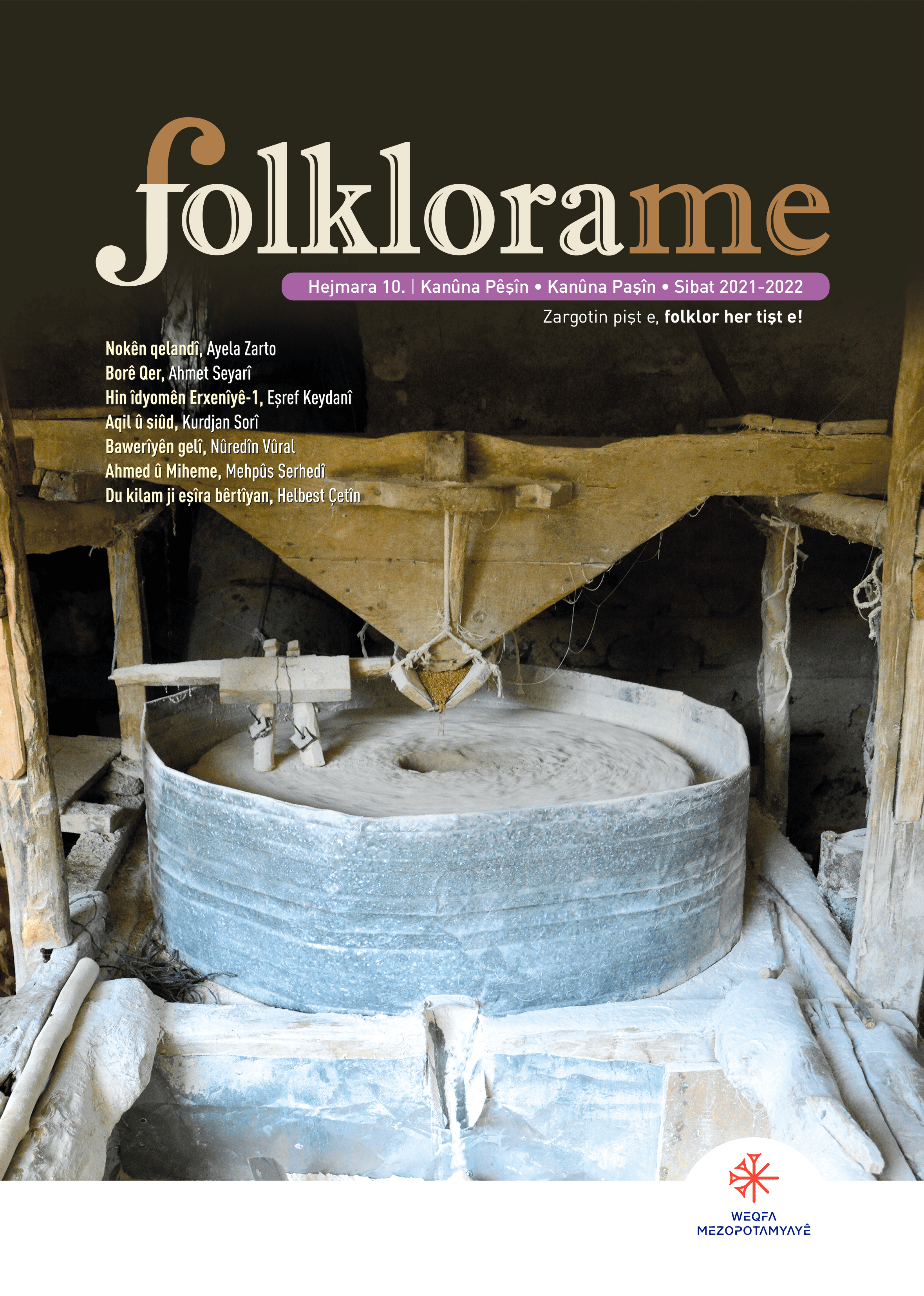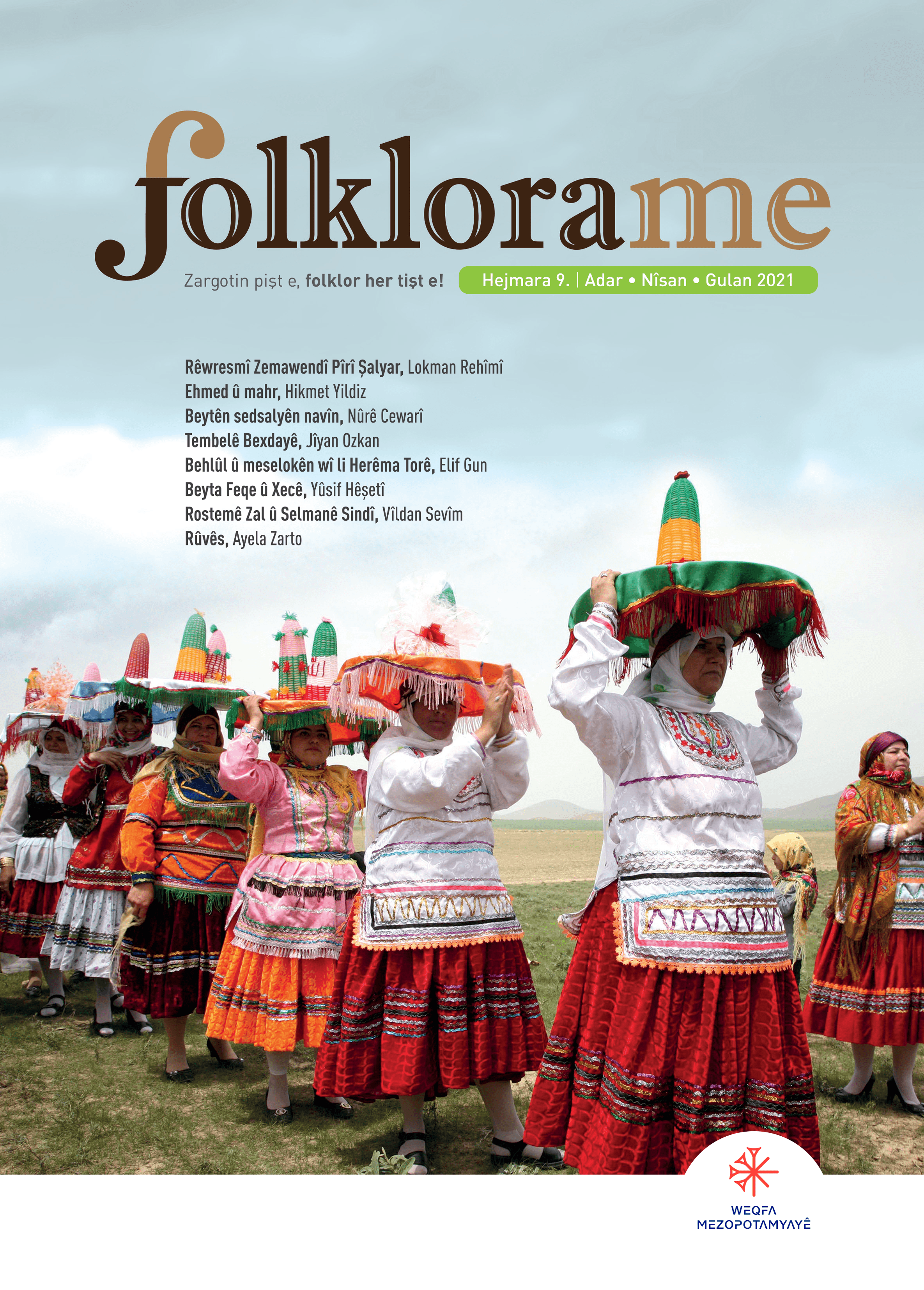This special issue of KurdishStudiesfocuses on the 20th-century mass violence that took place in Kurdistan, of which the Kurds were often victims and at times also perpetrators. The issue brings together a series of articles engaging with the historical backgrounds, causes, courses, and consequences of those episodes of violence, andaims to make a contribution to this debate by looking at the Kurds’ (specifically, northern Kurdistan under Ottoman and Turkish control) encounter with modern mass political violence from a variety of perspectives. The articlesaddress issues germane to mass violence and the Kurds, by offering theoretical engagement as well as empirical recreation. This introductory article pleads for more in-depth research that uses different approaches towards violence; comparison by juxtaposition, diachronic perspectives, and studies on transnational transfer of justifications and practices of violence by political elites.
Thereafter, we open with Naif Bezwan’s article, which provides a new perspective on the problem of colonial state rule and violence in Kurdistan, by examining four major massacres of Kurds in the Kemalist period. He argues that colonial violence can be disaggregated into ideological, ethnocidal and genocidal violence, all of which converged on establishingdirect coercive control over the Kurds in Turkey. Mehmet Polatel’s article focuses on the 1895 massacres of Armenians in the town of Bitlis, in which a varied group of perpetrators killed large numbers of local Armenian civilians. The article challenges conventional understandings of the Hamidian massacres and nuances both the involvement and resistance of certain Kurdish tribes during the killings. Adnan Çelik examines the violent conflict between the Hizbullah and the PKK in the 1990s, by unpacking the binary political cleavage between these two armed groups. Çelik’s research unsettles monocausal explanations of Hizbullah by placing it in a long-term context of Kurdish politics, which has seen a number of ideological ruptures, of which the 1990s is one instance. Finally, Özgür Sevgi Göral situates the phenomenon of forced disappearances within the broader context of state violence against Kurds and memory spaces from the perspective of the dialectics of secrecy and visibility. She follows the trajectory ofthe Saturday Mothers in Cizre, and argues that their performances constitute acts of memory making. We hope that this special issue will offer food for thought and a step up to future studies and discussions of the Kurds’ encounter with political violence.
The issue also includes two other important articles. First, an interview with Professor Shahrzad Mojab, who is co-founder of the Kurdish Women’s Studies Network (KWSN), conducted by Marlene Schäfers. The interview follows up on the discussion initiated by a group of Kurdish women who drew attention to male violence and harassment within Kurdish Studies through an anonymous letter. As we made clear in the editorial of the journal’s October 2020 issue, this is a discussion that Kurdish Studiesdeems important. In the interview, Mojab reflects on her personal and professional involvement with Kurdish women, and speaks about gender relations and power in Kurdish society and academia. Secondly, an obituary of Izzaddin Mustafa Rasul, written by Nodar Mossaki. Rasul was trained in literary studies in the USSR, in a period when Kurdish Studies flourished there. Studying the early modern Kurdish poet Ahmed Khani, and dimensions of Sufi theosophy in Kurdish literature, Rasul stands out as an ambitious scholar who went beyond standard Soviet treatments of literary works. The issue concludes with book reviews and a review article, many of which discuss works related to violence.





